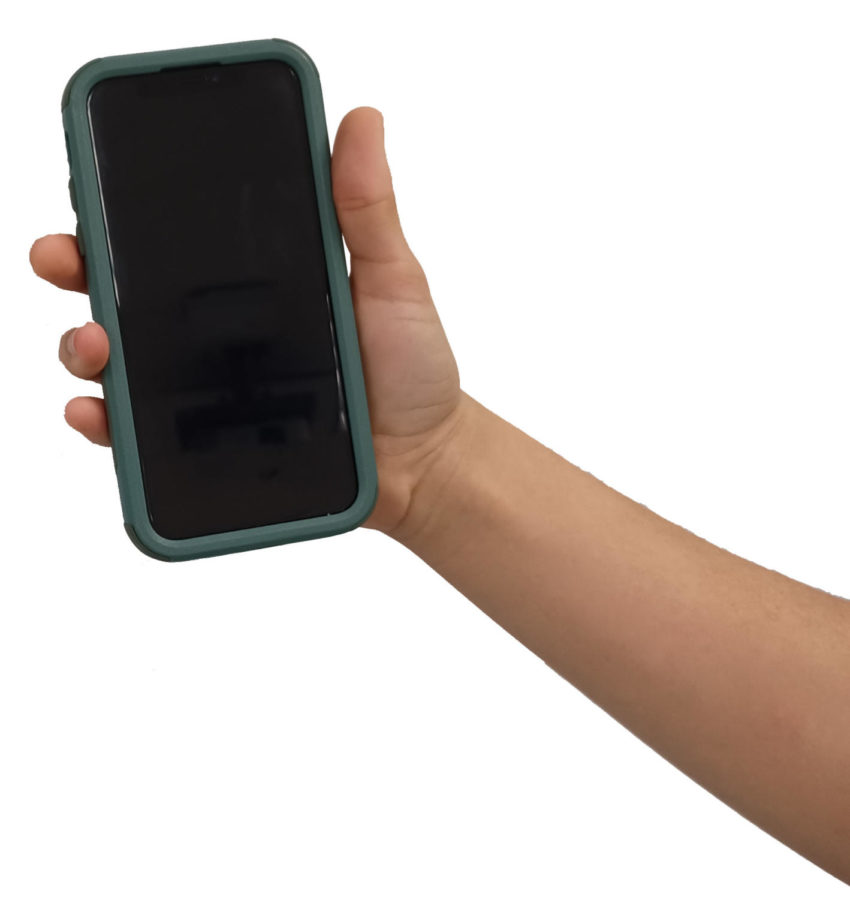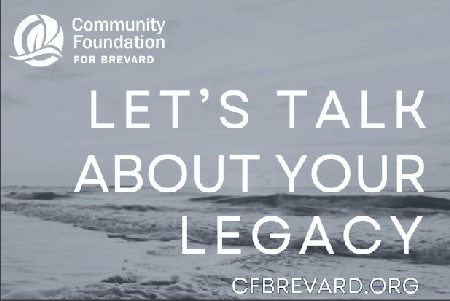Public Institutions Make Moves to Regulate Social-Media Platform
March 30, 2023
CNN intern and West Shore alumna Macie Goldfarb winds down in her dorm room to the endless scrolling of TikTok before calling it a night. Like most kids in younger generations, she spends hours on TikTok everyday.
“TikTok works its way into everyone’s daily life,” Goldfarb said. “As soon as you have a spare moment, that’s the social media most people are pulling out.”
However, this idea of instant gratification through quick clips and high-speed information may soon be pulled out of students’ hands. Recently, citizens across the country have discovered news regarding one of the latest “trends” Congress has to offer: banning TikTok.
With about 1.05 billion users, TikTok is a video-sharing platform on mobile devices where short clips up to a minute long show up on a “For You” page. It has an algorithm to personalize feed based on trending audios, hashtags, and previously liked and favorited videos. U.S. Sen. Marco Rubio has introduced a bipartisan bill to ban TikTok from operating nationally.
Grace Pearson, a junior at West Shore, said that TikTok is a way to distract herself and is one of her favorite past times.
“The bill is just unnecessary,” Pearson said. “I don’t think that TikTok is a bad platform. It can spread a lot of positivity and awareness. If it does get banned, someone will take the opportunity to make their own social media platform that’s basically a new TikTok.”
According to Politico.com, “A growing number of states and colleges have taken actions against TikTok amid security concerns and government directives calling to restrict access to the app. It’s banned on government devices in dozens of states while colleges are seeking to block access to TikTok on Wi-Fi and school-issued devices.”
The University of Florida sent out an email Jan. 12 discussing the threat TikTok poses to security on school campuses. Although UF has discouraged TikTok, it has not placed restrictions on TikTok so far. However, universities such as Oklahoma University, Auburn University and Montana University System have begun to enforce these limitations to protect campus security.
Shawn Humphrey, another student at UF and West Shore alumnus, said the email’s content didn’t appear urgent.
“When you issue something like that, if it’s not a mandate, people are just going to laugh and do what they want,” Humphrey said. “If they want to keep using TikTok, they will, and if not, they won’t. It might become some kind of meme, or joke, or source of fun going forward. I didn’t see the email in my inbox, but I saw it on social media and I even thought it was funny.”
Although Humphrey said students aren’t worried about restrictions at UF, he still has his own personal reservations about TikTok.
“It’s popular everywhere, and it’s an easy thing to waste time on,” Humphrey said. “I don’t use it too much, and when I do use it, it’s to look for specific things. Otherwise, I try to stay off of it because it’s just a huge rabbit hole.”
The University of Florida’s notice states, “Prominent experts continue highlighting TikTok as a national security concern, pointing to the possibility that foreign governments may use TikTok to control data collection, influence TikTok’s recommendation algorithm, and compromise personal devices.”
Senior engineering manager Jason Konicki said that social media apps have the potential to take information off of one’s phone.
“If you allow it to, it could have access to your phone completely,” Konicki said. “If it asks questions like “Can I access certain things on your network?” on your applications, it can see everything on your home network. If they ask “Can we access your pictures?” and you say yes, they can view and use all your pictures. You can give them access to your microphone, and now they can hear you talking if they want to.”
Konicki also described the capability that China may have to take one’s information through TikTok.
“If you’re designing something [on a device], and someone goes on TikTok, it’s possible to access that,” Konicki said. “China is capable of doing that, and there’s always been a scare that China is trying to. With a communist government, they can take over their companies, grab data from them and use it however they feel. If researchers have seen what TikTok is doing, what kind of information they’re taking, and they say they’re taking more information than they should, they’re probably right.”
Even with the emails and notices, Goldfarb said she doesn’t find TikTok to be a personal threat.
“In full transparency, I saw the subject line of that email and didn’t even read it,” Goldfarb said. “Most of us don’t really live under a rock, so we’ve heard chatter like ‘TikTok is stealing our information’ or ‘China could be using information we put into TikTok for their personal benefit.’ We all know that these ideas exist and we still willingly use the app. It just goes to show that if we can’t see it affecting us, we just don’t seem to care.”
Goldfarb said that TikTok has become a crucial tool for communication and broadcasting current events and trends.
“Nowadays, TikTok is the way that most of us get most of our information,” Goldfarb said. “There are some niche groups outside of that, like journalists, who actually look at news outlets and read real headlines. However, [TikTok] has become such a vital way for people to obtain quick and easy information. It’s almost become essential because as time goes on, people are getting lazier. It’s become the only way that many people are ever going to care enough and have enough patience to receive the information. So, at least we’re more aware.”





















































